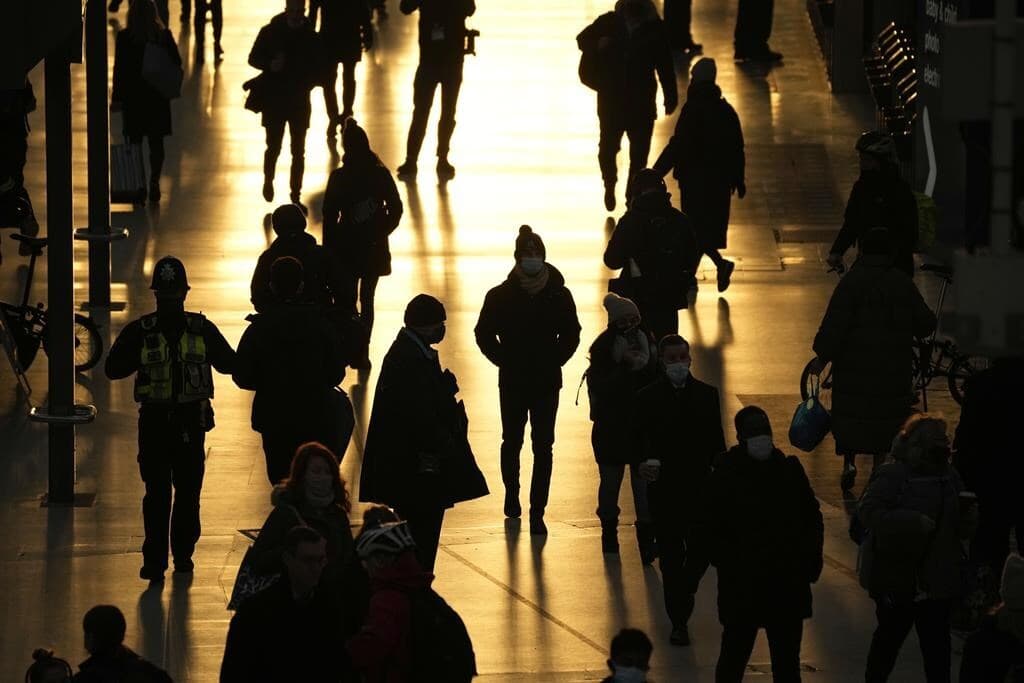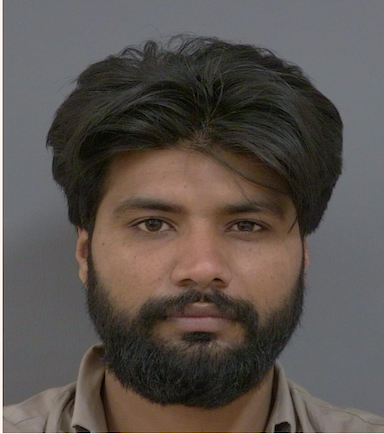Nov 29, 2021 11:20 PM - The Canadian Press

Nations around the world are trying to keep the COVID-19 Omicron variant at bay with travel bans and further restrictions, even as it remains unclear what it means for the pandemic.
Cases of the variant identified by researchers in South Africa have appeared from Hong Kong and Australia to Portugal.
World Health Organization Director-General Tedros Adhanom Ghebreyesus says very little is known about the new variant.
He says many of us might think we are done with COVID-19, but it's not done with us.
Tedros issued the warning at a virtual three-day summit that has aims to establish an international accord to help prevent and fight future pandemics. Health Minister Jean-Yves Duclos is leading the Canadian delegation and says Canada supports a new global agreement.
Canada has reported its first two known cases of the variant.
Both were found in Ottawa and involve people who had recently been in Nigeria.




